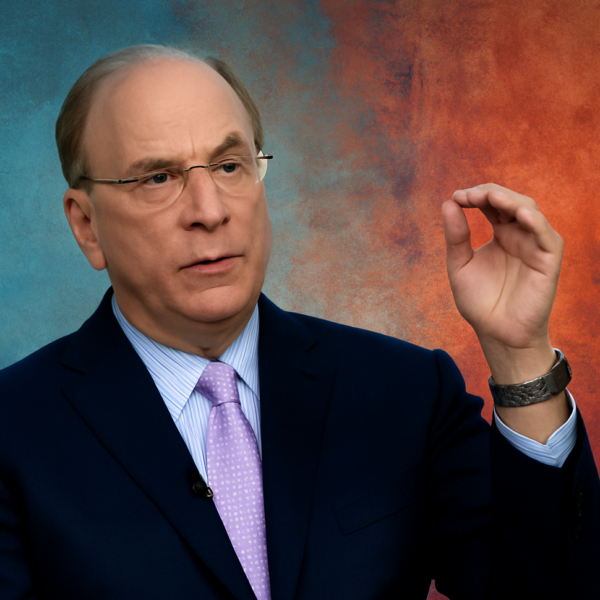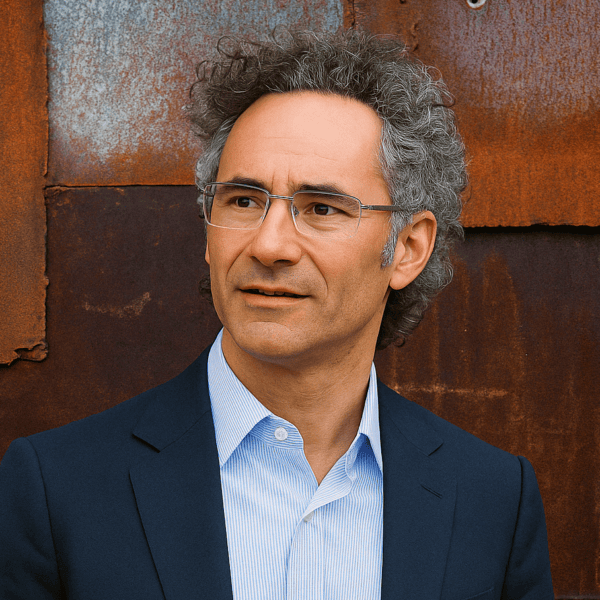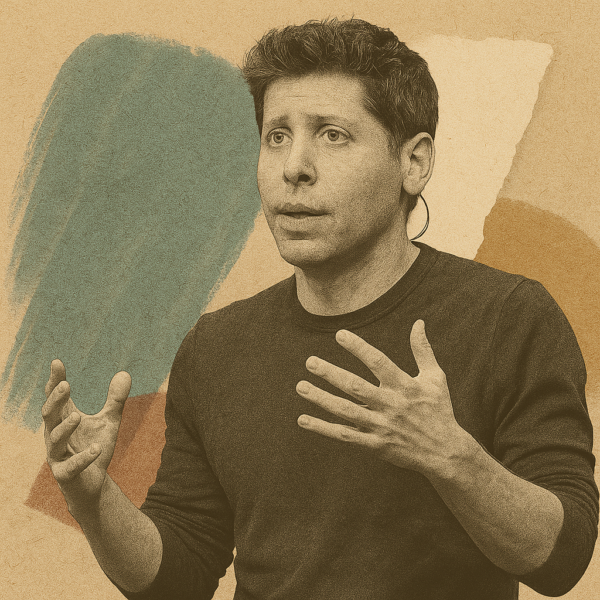
How Pavel Durov earned his billion-dollar fortune
Hailed as the Russian Zuckerberg, Pavel Durov is best known for creating Telegram, Russia’s largest social media platform at the mere age of 22. He has also become something of a celebrity in the tech world for his refusal to give in to governmental pressures or corporate greed at the cost of compromising user data privacy. Here’s a look at his notorious rise to fame and how he accumulated his billion-dollar fortune.

As the founder of Telegram, Pavel Durov currently boasts a net worth of approximately $15.1 billion, mostly accumulated through the messaging app.
About the Company

Telegram
- Location Tortola, British Virgin Islands
- Type Instant messaging service
- Founded 2013
- Services Cloud-based messaging, end-to-end encrypted video calling, VoIP, file sharing
Early Life and Programming Ingenuity
Pavel Durov was born on October 10, 1984, to Valery and Albina Durov in Leningrad, the Soviet Union and is the younger brother of Nikolai Durov. His father was a renowned Russian philologist and served as the head of the philology department at St Petersburg State University. His mother was also a professor at the same university.
Durov completed his primary education in Italy and his secondary education at the D.K. Faddeev Academic Gymnasium, in St Petersburg. From an early age, he developed a proclivity toward computer programming after watching his brother do the same. By the time he graduated high school, he had already established his reputation as a highly intelligent coder after he managed to hack the passwords to his school’s computer network.
After graduating high school in 2001, he enrolled at St Petersburg State University majoring in philological sciences. While in university, he won the prestigious Potanin Prize thrice as well as several coding and linguistics olympiads. He was also the recipient of the scholarships sponsored by the Russian Government as well as the President of Russia.
Putting his coding and entrepreneurial skills to use, Durov created two websites – durov.com and spbgu.ru. Durov.comwas a database of educational materials for the courses included in his major studies while spbgu.ru served as an online platform where students, as well as faculty members from the university, could communicate with each other.
Pavel graduated from St Petersburg State University in 2006.
The Rise and Fall of the Russian Zuckerberg
The combination of Facebook’s success in the United States and the good reception of spbgu.ru during his time at university led Durov to conceptualise a Russian version of a social networking site. He teamed up with his brother Nikolai and his longtime friends Lev Leviev and Vyacheslav Mirilashvili and founded VKontakte on October 1, 2006. Pavel focused on developing the creative side of the website while Nikolai handled its technical aspect. Leviev and Mirilashvili provided the company with its key initial investment. The website was opened to users via invitation on October 10, 2006, and to everyone in December of the same year.
Within the first year of its operations, the website had drawn in over 3 million user registrations as well as its first direct investment from Digital Sky Technologies (DST) which bought nearly 25% of the shares in the company. These shares were then sold to the Mail.Ru Group. Following the investment from DST, the company began commercialising the website with the addition of virtual currency. This resulted in a surge in its popularity and by the end of 2007, VK.comhad garnered over 20 million user registrations and was one of the most popular social networking sites in the country. In 2009, an independent TechCrunch evaluation of the company put its valuation at approximately $234 million.
However, after a falling out with co-founders Leviev and Mirilashvili, they eventually sold off their 48% stake to the United Capital Partners(UCP) investment fund in 2013. The very next year, after disagreements with the Russian Government on the issue of data privacy of its users in connection to the Russia-Ukraine war, Pavel resigned as the CEO of the company and sold his 12% stake in the company to Ivan Tavrin, the CEO of Megafon. This essentially resulted in the transfer of the company’s ownership to the Mail.ru holding group.
Data Privacy Concerns and the Birth of Telegram
In 2011, Pavel was swatted at his home after reports of his connection with an anti-government protest in Moscow surfaced. He realised then that he had absolutely no secure way to communicate with his brother since all phone lines were likely tapped by the security forces. Realising this as a major loophole in data privacy, he, along with his brother, began developing MTProto – a highly secure encryption protocol specifically for instant messaging services. MTProto would go on to become the core encryption protocol for Telegram.
Telegram was officially launched in August 2013 as an open-source, cloud-based instant messaging app with a highly secure end-to-end encryption. Telegram stands out from its competitors by prioritising data privacy as its core value. In fact, to make the development and operations of the app independent and free from governmental or external influences, the venture was funded largely by Pavel himself. The company also raised nearly $2.7 billion in funding across two rounds of pre-IPO venture and debt funding. The most recent round of funding was organized in March 2021 in which the company received over $1 billion in funding with Mubadala and Abu Dhabi CP as the key investors.
Since Telegram does not believe in sharing user data under any circumstances, it does not run ads or promotions of any kind. Until 2021, it generated revenue solely based on billions of dollars in user donations. However, in November 2021, Telegram released its advertising service where companies can share sponsored messages across public channels with at least 1000 subscribers. These ads are context-based and the service does not use any form of data mining to display them.
Telegram was quick to gain mainstream popularity owing to its anti-authoritarian ethos with utmost care for data privacy. Only a year after its launch, the app had managed to accrue over 35 million users across the world. Over the next few years of its development, it continued to add several features like encrypted voice calling, a media player, and secret messages. By February 2016, it had already crossed the 100 million user registration milestone. By April 2020, that number had jumped to 400 million despite it being banned both temporarily as well as permanently in countries like Russia, Iran, and China.
However, the app has faced several criticisms over allowing users to share media up to 2 GB which has led to the unregulated dissemination of both copyrighted as well as extremist content. This issue is made worse by its highly secure encryption keys which make it very difficult for security agencies to track sensitive content. Despite these issues, user registration numbers are still growing strong and the company has reportedly been planning to go public by 2024.
Further Reading

Larry Fink and what family offices can learn from BlackRock
LeadershipLaurence D. Fink, the co-founder, chairman, and CEO of BlackRock, is a well-known figure in global finance. He leads the world’s largest asset management firm, with over $11.6 trillion in Assets Under Management (AUM). His visionary leadership has positioned BlackRock at the forefront of shaping the future of capital markets. Since founding BlackRock in 1988, […]

Power, privacy, and the Palantir playbook: What family offices can learn from Alex Karp
InnovationIn a world where AI is weaponised, data is sovereign, and institutions are fragmenting, few private actors have amassed influence like Alex Karp. The Palantir CEO isn’t just building software; he’s helping reshape global intelligence infrastructure. For family offices seeking relevance in a volatile age, there’s value in studying his strategy.

The Altman Algorithm: Lessons from Sam Altman for the Next-Gen Family Office
InnovationSam Altman’s name is synonymous with artificial intelligence. But for family offices thinking about relevance in a world being rewritten by technology, Altman’s influence stretches far beyond AI. His approach to capital, governance, and long-term risk makes him one of the most important operators of this era, not just for Silicon Valley, but for anyone […]

Jensen Huang: Betting it all on AI, plus putting some NVIDIA chips into philanthropy
InvestmentsJensen Huang, co-founder and CEO of NVIDIA, is one of a handful of people who can realistically tell us where AI will be in the next ten years. That’s because NVIDIA, now in the trillion-dollar club, is heavily invested. Haung, the company’s CEO since its inception, is the man of the hour, making headlines as […]

